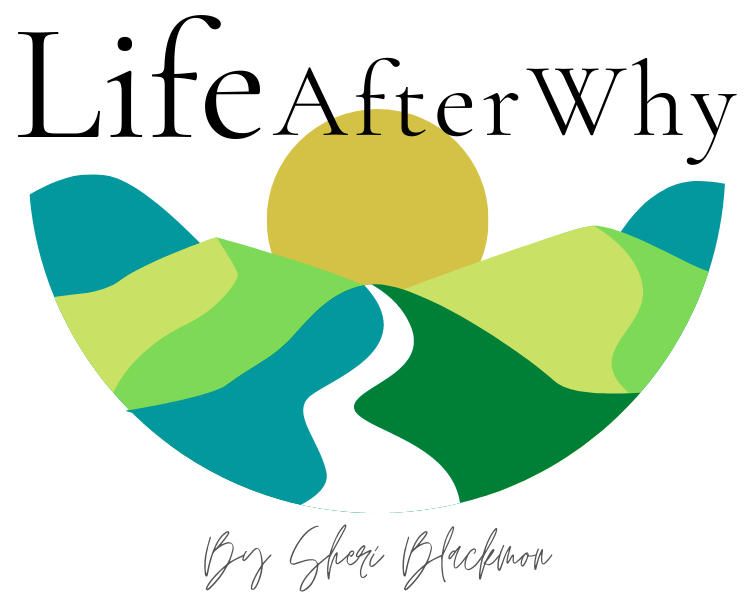Beauty for Ashes
How a Lament in the Evening Turns into Joy in the Morning
I arise from bed the morning after the “Trapped in My Body” lament with a song, an old and familiar but neglected one, greeting me like a surprise gift delivered to the door. I bump into “The Hymn of Joy” by Beethoven:
Joyful, joyful, we adore Thee,
God of glory, Lord of love;
Hearts unfold like flow'rs before Thee,
Op'ning to the sun above.
Melt the clouds of sin and sadness;
Drive the dark of doubt away;
Giver of immortal gladness,
Fill us with the light of day!
The frustration of feeling trapped in my body the night before dissolves. How does this happen, this out-of-the-blue remembrance of a song whose dusty memory hides in my mind’s attic? It’s a gift. David nails it: “Weeping may stay for the night, but rejoicing comes in the morning” (Psalm 30:5b). Sadness and joy rub shoulders. As Lent prepares the heart for Easter, so privation prepares the soil for bounty. The ancient practice of leaving the soil fallow or idle every seven years so that the weeds and insects are killed and the soil becomes fertile again applies here. Fallow and bounty fraternize.
Sadness and fear are like a social-distancing policy that keeps away joy and peace. A visit to Costco with its clogged parking lot, marathon lines, and frantic customers pushing glutted carts reveals the distance between fear and peace. Fear encrusts the heart, jams it shut, seals it off. Perhaps you’re immunocompromised, elderly, or vulnerable to disease. You take precautions against the virus, but you are stuck in worry and fear of what’s next. Perhaps you’re a business owner unsure if you can weather this storm. A friend of mine is sealed off from the world behind the massive walls of Bethlehem in the Palestinian Authority wondering when he will be able to move about freely again. Disease and fear teem inside the walls. Is it even possible to feel at peace right now?
The heart doesn’t automatically unlatch to receive peace, but lament and joy coexist if we open wide our hearts to the gifts at the door, to pluck and place them where they can be enjoyed. Author Kate Bowler, who was diagnosed with stage IV cancer at 35, credibly affirms the coexistence of “events that are wonderful and terrible, the gorgeous and the tragic” when she attests that “these opposites do not cancel each other out.” She sees “a middle-aged woman in the waiting room of the cancer clinic, her arms wrapped around the frail frame of her son. She squeezes him tightly, oblivious to the way he looks down at her sheepishly. He laughs after a minute, a hostage to her impervious love. Joy persists somehow” she comments, “and I soak it in. The horror of cancer has made everything seem like it is painted in bright colors.” Bowler concludes: “I think the same thoughts again and again: Life is so beautiful. Life is so hard” (Bowler, 123).
Gerard Manley Hopkins’s imperatives in the poem Easter Sunday invite us further into this posture of receiving joy amidst sadness:
“Beauty now for ashes wear,
Perfumes for the garb of woe,
Chaplets for dishevelled hair,
Dances for sad footsteps slow;
Open wide your hearts that they
Let in joy this Easter Day.”
These short words “open wide” with their long, pleasant vowels stretched out for notice, evoke a visual image of an Italian woman eagerly flinging open aged green shutters in the morning to see what the day feels like. Smiling, she looks up, wide and open, poised and receptive to the day.
Sometimes I am too tired and focused on my pain, fatigue, or worry to open wide my heart. Many people are figuratively asleep or too preoccupied with their lives to open the shutters with anticipation and hope. We are fearful, distracted, limited by our industry, even cut off from the beauties of nature. These lines of William Wordsworth’s doleful poem The World Is Too Much With Us, spring to mind:
“The world is too much with us; late and soon,
Getting and spending, we lay waste our powers;—
Little we see in Nature that is ours;
We have given our hearts away, a sordid boon!”
He exposes the cost of blindness to nature from “getting and spending” and the harm of consumerism that cuts us off from nature, which cannot be bought and sold. Giving our hearts away to “a sordid boon,” a vile reward, we lose sight of the intimate interactions in nature, the free play and beauty all around us.
“This Sea that bares her bosom to the moon;
The winds that will be howling at all hours,
And are up-gathered now like sleeping flowers;
For this, for everything, we are out of tune;
It moves us not.”
We cannot see the intimacy and wild play of the sea baring “her bosom to the moon,” the way the moon moves the ocean tides and the stillness of the winds because we are unmoved, asleep, and severed from nature. The quiet moment like up-gathered sleeping flowers, now dewy and opening to the morning light, is thrust out to me by a generous hand saying, “Good morning! Here you go. Enjoy!” All I need is to “open wide” my heart, notice, and receive. So, I place the still-closed daffodils I bought with the frantic crowds in a white bud vase and grab a half-read book. Solitude and peace surround me.
I often awaken to songs I haven’t heard in a long time. What stirs a dormant verse? There’s a mystery to it. Some say it’s just processes in the brain we don’t yet understand, but I say it’s a gift, a morning kiss from the One who loves me more than anyone.
Source cited:
Bowler, Kate. Everything Happens for a Reason and Other Lies I’ve Loved. Random House, 2018.
